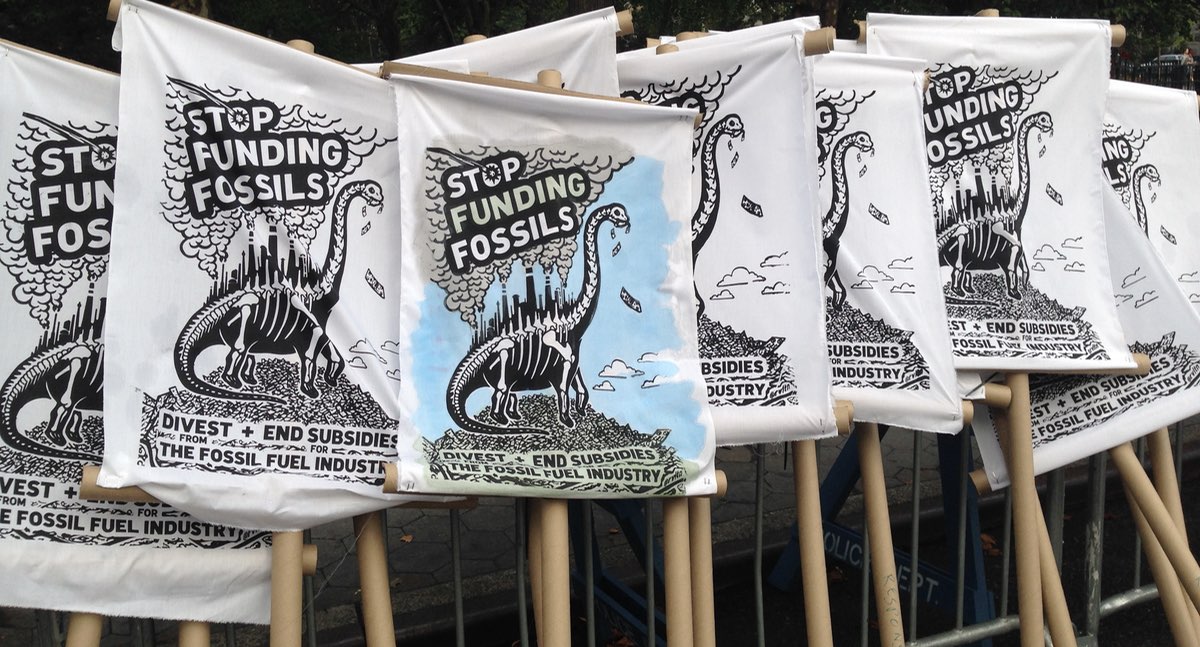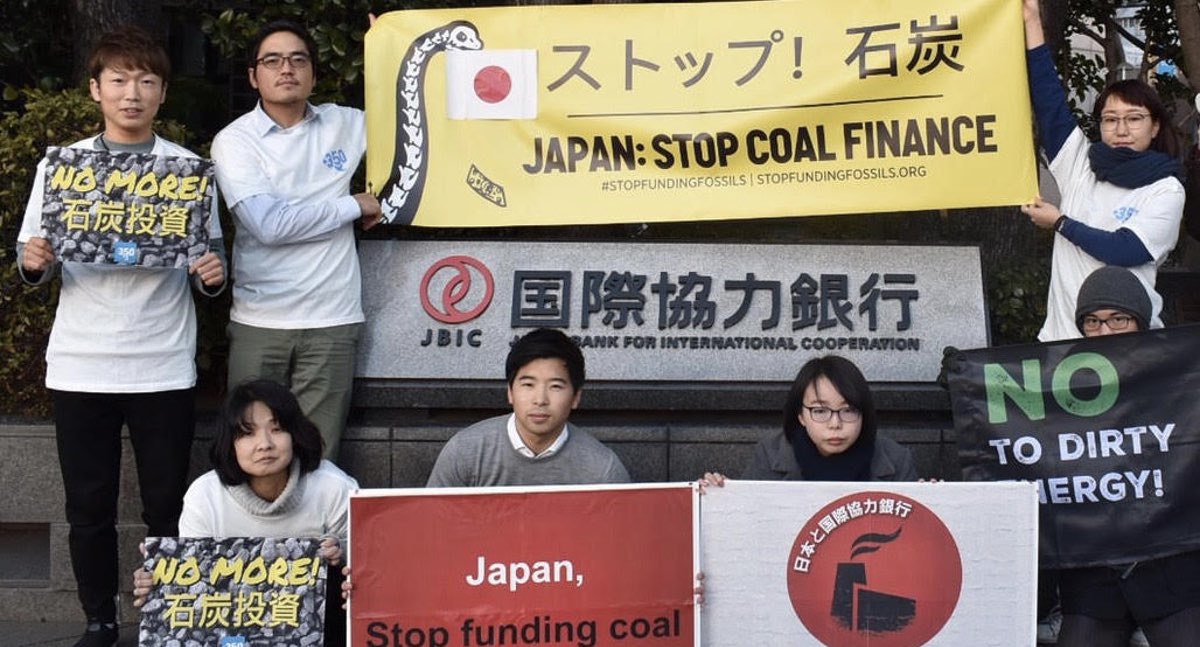STOP FUNDING FOSSILS
Our Stop Funding Fossils program uses critical analysis and strategic organizing to end the vast quantities of government support flowing to the fossil fuel industry and accelerate the clean energy transition.
Public finance and subsidies for fossil fuels play a key role in driving oil, gas, and coal production. Climate leadership means not wasting another cent of public money on the industries that are causing the problem.
OVERVIEW OF WORK
Our research shows that G20 governments spend $444 billion per year propping up oil, gas, and coal production, while the G20’s taxpayer-backed public finance institutions provide nearly 4 times more public finance to fossil fuels than to clean, renewable energy.
These massive subsidies play a key role in expanding oil and gas production and locking in existing fossil fuels: recent analysis finds that half of the new oil fields being drilled in the US would have remained undrilled if not for substantial subsidies; at the same time, public finance for fossil fuels de-risks capital-intensive megaprojects, like massive coal plants in Southeast Asia, few of which would proceed without government backing. And as oil, gas, and coal producers face increasing competition from renewable energy, instead of simply reducing fossil fuel production, they exert their political influence to get more handouts to keep extracting.
Instead of spending scarce public resources on the fossil fuel industry, our work challenges public institutions to scale up their support for distributed renewable energy solutions that can deliver energy access quickly and at least cost in many developing countries: today, support for these solutions makes up only a tiny fraction of all public finance for energy.
We know from the work of our Energy Transitions and Futures program that already-producing oilfields, gasfields, and coal mines hold enough carbon to take the world well beyond 1.5°C of warming and up to 2°C. This means that governments who’ve signed up to the Paris Agreement (that’s nearly everybody) shouldn’t spend another cent of public money on fossil fuels if they take their commitment seriously. We call on them to stop funding fossils.
LATEST PROGRAM POSTS
Last night, The President once again proposed ending subsidies to the oil industry. As we've said before, this is a great idea, and should be supported in full.
That said, although we haven't seen details, it's quite unlikely that the Administration is proposing to eliminate all these subsidies. First, there is an important difference from the unmet pledges of the last several years.
Obama is apparently no longer talking about eliminating "fossil fuel" subsidies, preferring instead to focus only on "oil" subsidies.
So eliminating subsidies to coal and natural gas would seem to be off the table. What's more, the
So we have been here before.
A year ago Obama called for the ending of fossil fuel subsidies in his state of the Union address.
Since then we have had two significant events: the Gulf oil spill, that you would have thought would have made it easier for politicians to stop subsidising oil companies.
Then we had the Republican rout last November which has made it much more unlikely that any meaningful political action will occur.
This did not stop Obama returning to the theme in last night’s State of the Union address. “I'm asking Congress to eliminate the
As G20 leaders prepare to meet later this week in South Korea, they face a daunting in-tray.
But amongst the issues they need to address are fossil fuel subsidies. In part they have created a rod for their own back.
It was a just over a year ago in September 2009 at the G20 meeting in Pittsburgh that they committed to phase out fossil fuel subsidies.
It was a bold promise. The G20 leaders pledged to “rationalize and phase out over the medium term inefficient fossil fuel subsidies that encourage wasteful consumption.”
If this promise was implemented it would reduce climate
G20 Fossil-Fuel Subsidy Phase Out: A review of current gaps and needed changes to achieve success
Oil Change International & Earth Track
November 2010
Download the full report, G20 Fossil-Fuel Subsidy Phase Out (PDF)
The Economist: “Green view: How to save $300 billion,” November 12, 2010.
Financial Times: Alan Beattie, “G20 countries accused of fossil fuel inaction,” November 7, 2010.
This report, prepared by Oil Change International and Earth Track, is the first independent evaluation of the success of the G20 Pledge to phase out fossil fuel subsidies. The report reveals large gaps in the reporting of subsidies and that no new actions have been taken
LATEST PROGRAM RESEARCH
U.S. single biggest violator of CETP pledge, approving the most fossil fuel projects of any signatory for a total of almost USD $2.3 billion.
"Today’s announcement from the Netherlands, United Kingdom, Canada and many of their peers is a disappointment. At a time when we need rich country leaders to concretely expand their past ambition to secure a fair deal, these ministers are just regurgitating promises and initiatives that are now more than a decade old and have been so ineffective that fossil fuel handouts and profits continue to reach record levels."
Australia has joined a major international initiative to end international public finance for fossil fuels at an event held at the UK Government Pavilion today at COP28. Australia follows Norway, who also joined the initiative on Saturday.







